Home / us-election / A New Era in India-U.S. Relations: Military, Trade, and Diplomatic Developments
A New Era in India-U.S. Relations: Military, Trade, and Diplomatic Developments
By: My India Times
4 minutes read 51Updated At: 2025-02-17
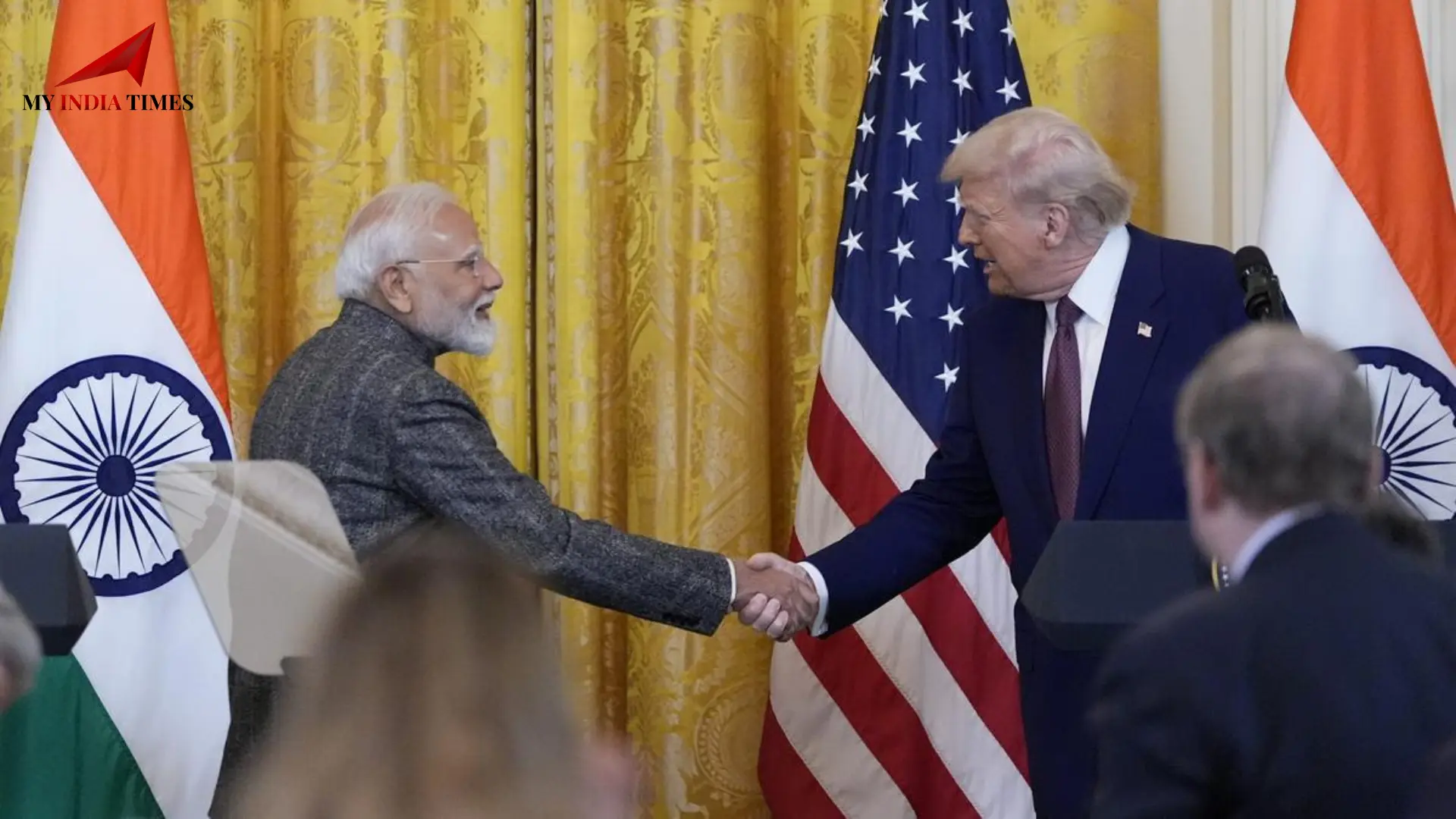
Prime Minister Narendra Modi’s visit to the United States has ushered in a significant phase in India-U.S. relations, emphasizing stronger strategic, economic, and defense partnerships. The discussions between PM Modi and U.S. President Donald Trump covered critical areas, setting the stage for deeper cooperation between the two largest democracies of the world.
Advanced Military Collaborations: U.S. Paves the Way for F-35 Fighter Jets to India
One of the most pivotal outcomes of the high-profile meeting was the announcement by President Trump regarding the clearance for India to acquire F-35 fighter jets. This decision marks a historic milestone in India’s defense procurement strategy, ensuring that New Delhi has access to some of the most advanced military equipment available.
The move is set to enhance India’s air defense capabilities significantly, aligning with the larger vision of bolstering Indo-Pacific security. The procurement of F-35 jets, along with other high-end military deals worth billions of dollars, underscores Washington’s commitment to strengthening India's defense forces.
India’s Role in Global Diplomacy: PM Modi Backs Negotiated Resolution for Russia-Ukraine Conflict
During their discussions, Prime Minister Modi reiterated India's diplomatic stance on the Russia-Ukraine conflict, emphasizing the need for a peaceful resolution through negotiations. Acknowledging the U.S. efforts to mediate and stabilize the ongoing conflict, Modi expressed India’s commitment to supporting diplomatic dialogues over military confrontations.
This aligns with India's broader foreign policy strategy, which advocates peaceful dispute resolution while maintaining a balance in its relations with major global powers.
Extradition of 26/11 Accused Tahawwur Rana Cleared by the U.S. Administration
In a major development concerning counterterrorism efforts, President Trump confirmed that his administration has approved the extradition of Tahawwur Rana, an accused in the 2008 Mumbai terror attacks. The decision marks a significant victory in India’s efforts to bring perpetrators of the heinous attack to justice.
This move underscores the deepening collaboration between India and the United States in the fight against terrorism. It sends a strong message about both nations’ zero-tolerance policy towards terror activities and their commitment to global security.
The Strengthening of Indo-Pacific Ties and Quad Cooperation
PM Modi invited President Trump to visit India for the upcoming Quad Leaders’ Summit, reinforcing the growing importance of the Quad alliance, which includes India, the United States, Japan, and Australia. The two leaders reaffirmed their shared vision for a free, open, and secure Indo-Pacific region.
The Quad partnership has become a critical pillar of strategic collaboration in the region, aimed at countering emerging security challenges and ensuring regional stability. The summit is expected to strengthen joint efforts in defense, infrastructure, and economic partnerships.
Trade and Economic Expansion: Setting a $500 Billion Bilateral Trade Target
In a significant economic move, PM Modi and President Trump discussed ambitious trade goals, with both leaders setting a target of expanding bilateral trade to over $500 billion by 2030.
Amid ongoing tariff discussions, President Trump emphasized the need for a fair and balanced trade relationship, ensuring a level playing field for American businesses in India. In response, PM Modi highlighted the potential for both nations to harness economic growth opportunities by removing trade barriers and fostering stronger commercial engagements.
Both leaders expressed optimism that targeted economic policies, investments in technology, and streamlined trade agreements will contribute to achieving the ambitious trade goal.
Deepening Energy and Technology Partnerships
Beyond military and trade, India and the U.S. are expanding their collaboration in energy and emerging technologies. From advancements in renewable energy to the integration of artificial intelligence, cybersecurity, and critical digital infrastructure, both nations recognize the potential for shared innovation.
Cooperation in energy security remains a focal point, with discussions on increasing Indian access to American oil and gas supplies. Such partnerships are expected to enhance India's energy resilience while deepening economic linkages between the two countries.
The Special Bond Between Two Great Democracies
Following their comprehensive discussions, President Trump emphasized the “special bond” between the United States and India. Both leaders acknowledged that their partnership extends beyond just diplomatic ties and encompasses mutual cultural respect, economic collaboration, and strategic alignment in global affairs.
As India and the U.S. continue to solidify their alliance, PM Modi’s visit has reaffirmed the commitment of both nations to working together towards shared prosperity, security, and global stability.
PM Modi’s U.S. visit marks a defining chapter in the evolving India-U.S. relationship, characterized by increased military cooperation, economic ambition, and shared global responsibilities. As both nations forge ahead with strengthened ties, the future of their partnership looks more promising than ever.
....
Prime Minister Narendra Modi’s visit to the United States has ushered in a significant phase in India-U.S. relations, emphasizing stronger strategic, economic, and defense partnerships. The discussions between PM Modi and U.S. President Donald Trump covered critical areas, setting the stage for deeper cooperation between the two largest democracies of the world.
Advanced Military Collaborations: U.S. Paves the Way for F-35 Fighter Jets to India
One of the most pivotal outcomes of the high-profile meeting was the announcement by President Trump regarding the clearance for India to acquire F-35 fighter jets. This decision marks a historic milestone in India’s defense procurement strategy, ensuring that New Delhi has access to some of the most advanced military equipment available.
The move is set to enhance India’s air defense capabilities significantly, aligning with the larger vision of bolstering Indo-Pacific security. The procurement of F-35 jets, along with other high-end military deals worth billions of dollars, underscores Washington’s commitment to strengthening India's defense forces.
India’s Role in Global Diplomacy: PM Modi Backs Negotiated Resolution for Russia-Ukraine Conflict
During their discussions, Prime Minister Modi reiterated India's diplomatic stance on the Russia-Ukraine conflict, emphasizing the need for a peaceful resolution through negotiations. Acknowledging the U.S. efforts to mediate and stabilize the ongoing conflict, Modi expressed India’s commitment to supporting diplomatic dialogues over military confrontations.
This aligns with India's broader foreign policy strategy, which advocates peaceful dispute resolution while maintaining a balance in its relations with major global powers.
Extradition of 26/11 Accused Tahawwur Rana Cleared by the U.S. Administration
In a major development concerning counterterrorism efforts, President Trump confirmed that his administration has approved the extradition of Tahawwur Rana, an accused in the 2008 Mumbai terror attacks. The decision marks a significant victory in India’s efforts to bring perpetrators of the heinous attack to justice.
This move underscores the deepening collaboration between India and the United States in the fight against terrorism. It sends a strong message about both nations’ zero-tolerance policy towards terror activities and their commitment to global security.
The Strengthening of Indo-Pacific Ties and Quad Cooperation
PM Modi invited President Trump to visit India for the upcoming Quad Leaders’ Summit, reinforcing the growing importance of the Quad alliance, which includes India, the United States, Japan, and Australia. The two leaders reaffirmed their shared vision for a free, open, and secure Indo-Pacific region.
The Quad partnership has become a critical pillar of strategic collaboration in the region, aimed at countering emerging security challenges and ensuring regional stability. The summit is expected to strengthen joint efforts in defense, infrastructure, and economic partnerships.
Trade and Economic Expansion: Setting a $500 Billion Bilateral Trade Target
In a significant economic move, PM Modi and President Trump discussed ambitious trade goals, with both leaders setting a target of expanding bilateral trade to over $500 billion by 2030.
Amid ongoing tariff discussions, President Trump emphasized the need for a fair and balanced trade relationship, ensuring a level playing field for American businesses in India. In response, PM Modi highlighted the potential for both nations to harness economic growth opportunities by removing trade barriers and fostering stronger commercial engagements.
Both leaders expressed optimism that targeted economic policies, investments in technology, and streamlined trade agreements will contribute to achieving the ambitious trade goal.
Deepening Energy and Technology Partnerships
Beyond military and trade, India and the U.S. are expanding their collaboration in energy and emerging technologies. From advancements in renewable energy to the integration of artificial intelligence, cybersecurity, and critical digital infrastructure, both nations recognize the potential for shared innovation.
Cooperation in energy security remains a focal point, with discussions on increasing Indian access to American oil and gas supplies. Such partnerships are expected to enhance India's energy resilience while deepening economic linkages between the two countries.
The Special Bond Between Two Great Democracies
Following their comprehensive discussions, President Trump emphasized the “special bond” between the United States and India. Both leaders acknowledged that their partnership extends beyond just diplomatic ties and encompasses mutual cultural respect, economic collaboration, and strategic alignment in global affairs.
As India and the U.S. continue to solidify their alliance, PM Modi’s visit has reaffirmed the commitment of both nations to working together towards shared prosperity, security, and global stability.
PM Modi’s U.S. visit marks a defining chapter in the evolving India-U.S. relationship, characterized by increased military cooperation, economic ambition, and shared global responsibilities. As both nations forge ahead with strengthened ties, the future of their partnership looks more promising than ever.
By: My India Times
Updated At: 2025-02-17
Tags: us-election News | My India Times News | Trending News | Travel News
Join our WhatsApp Channel




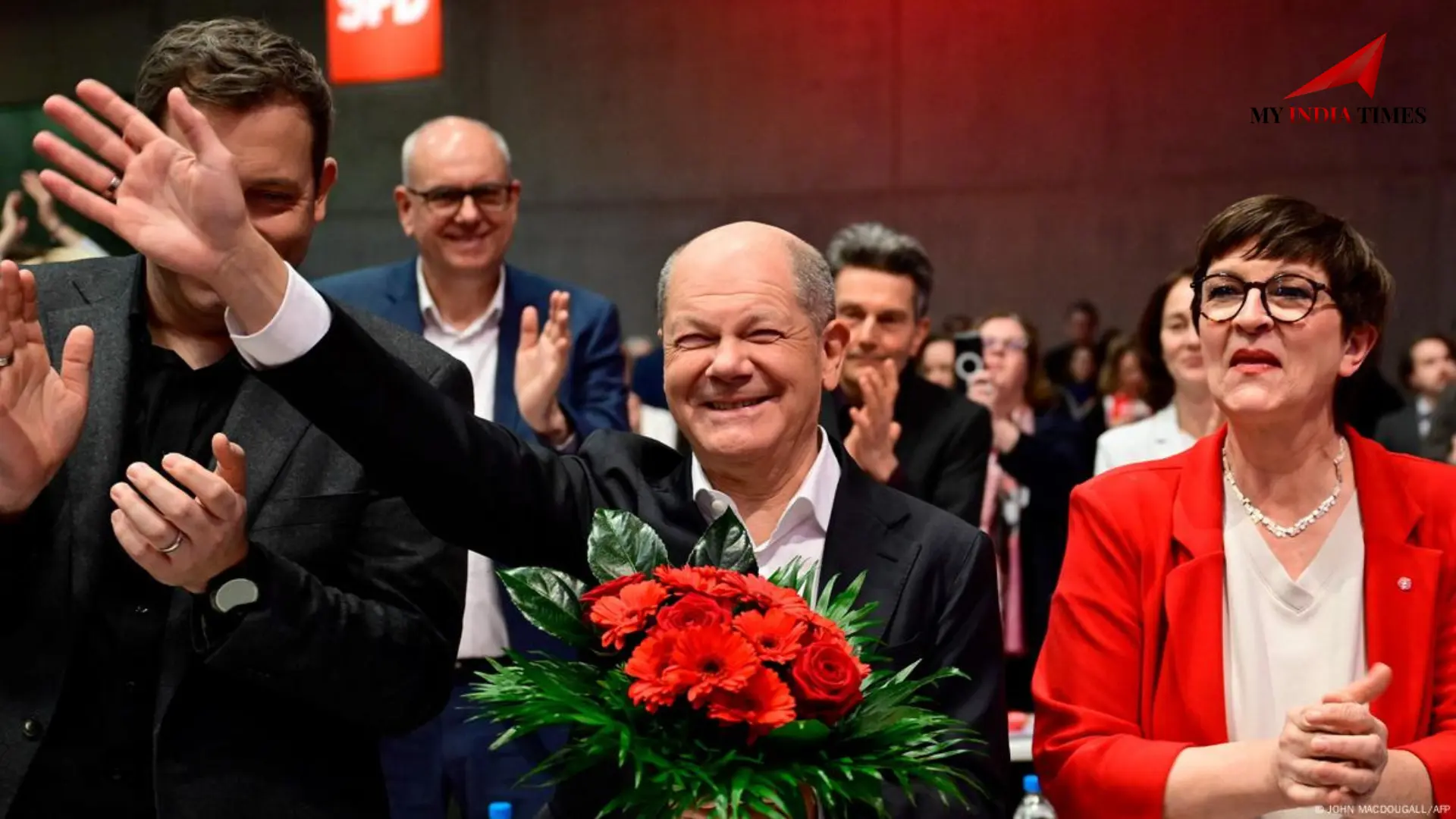
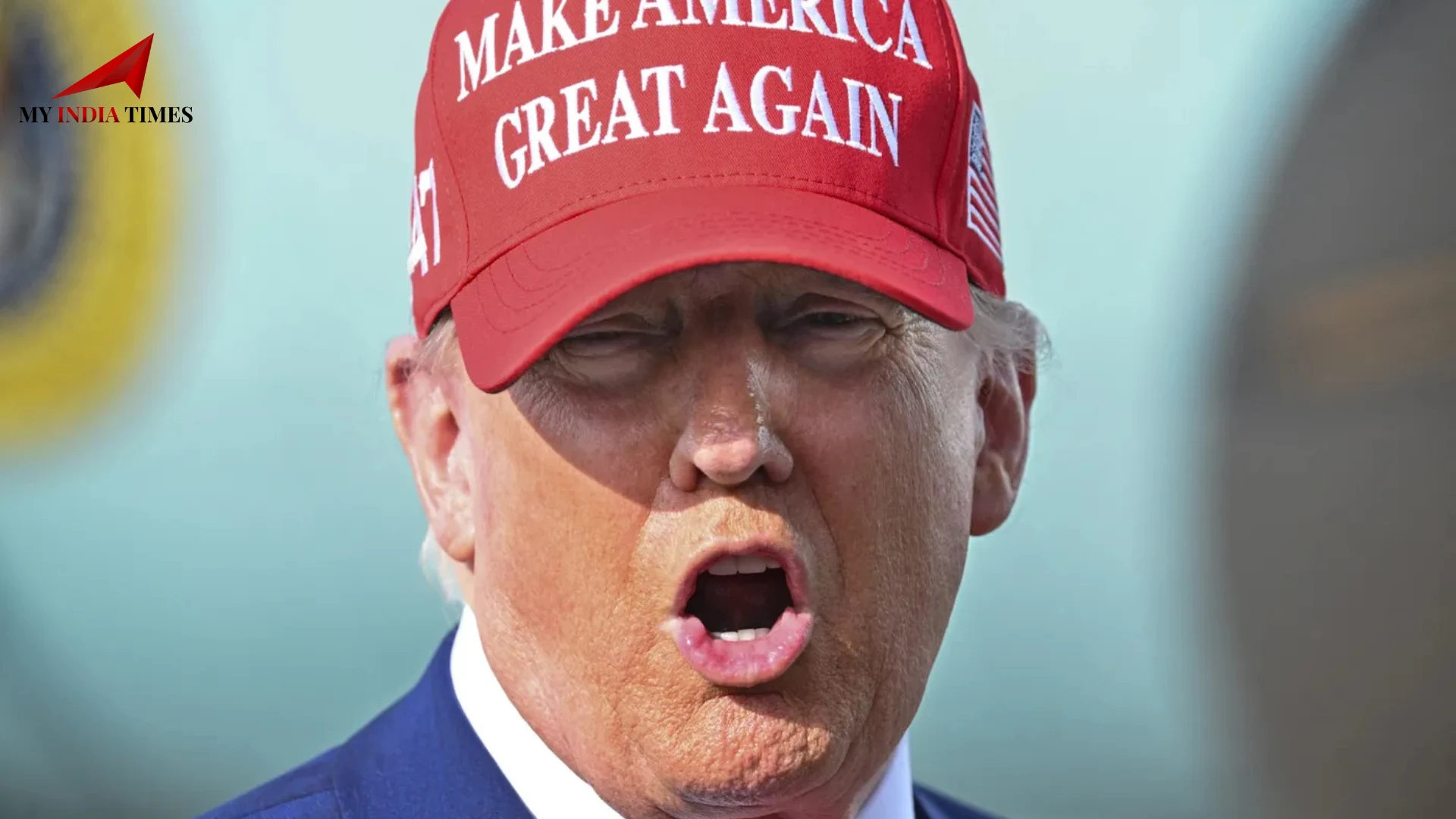
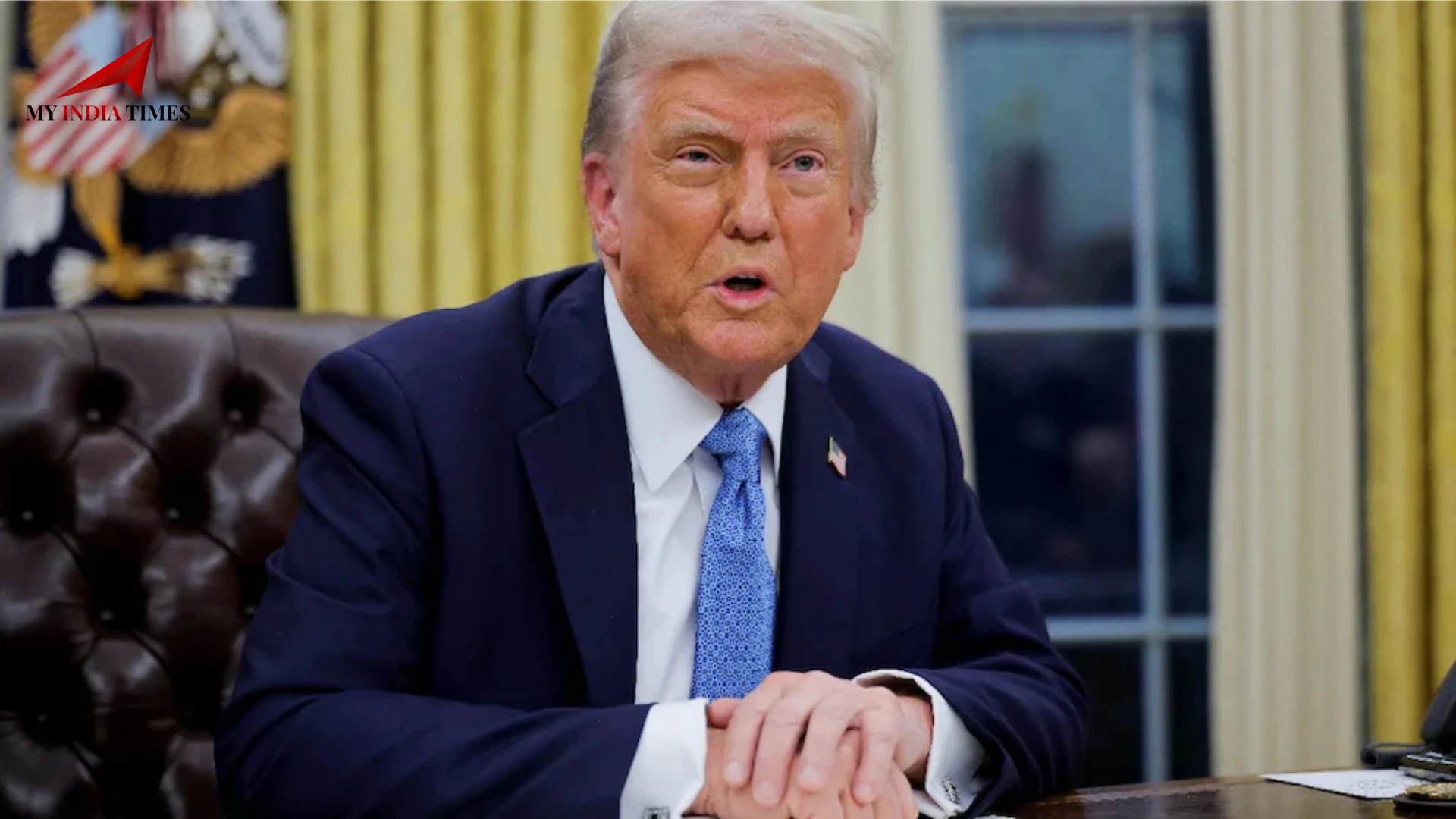

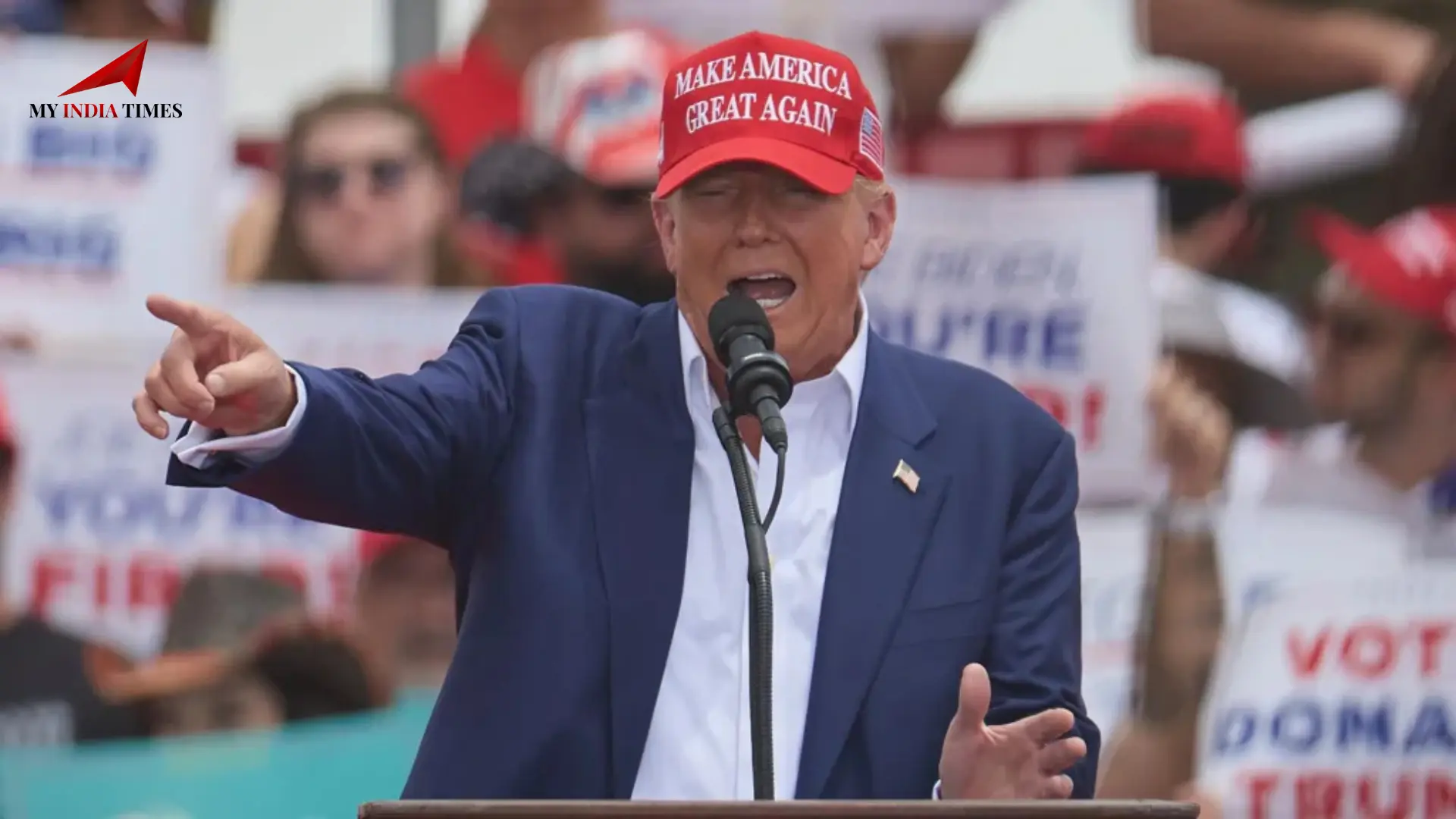
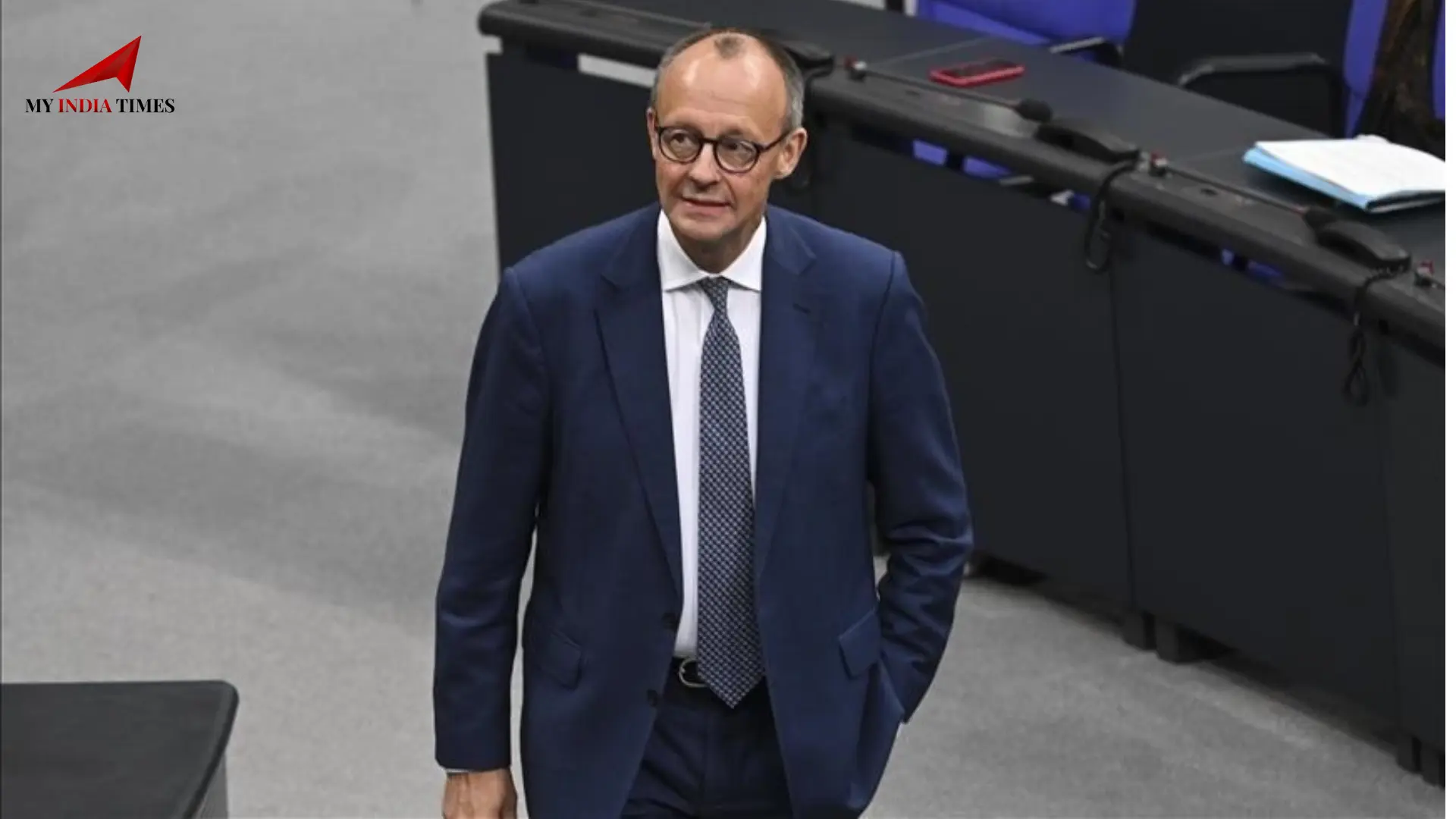
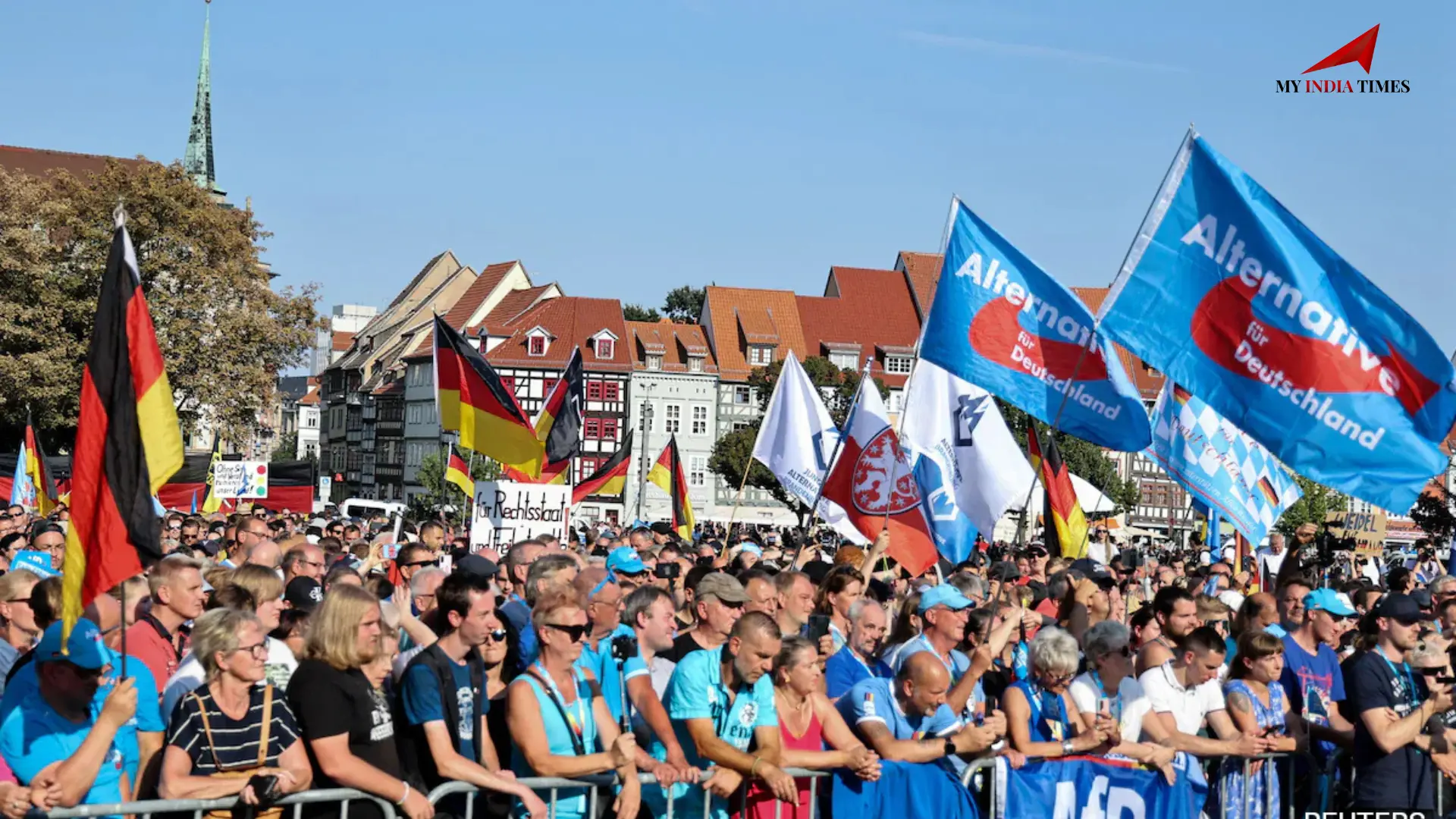
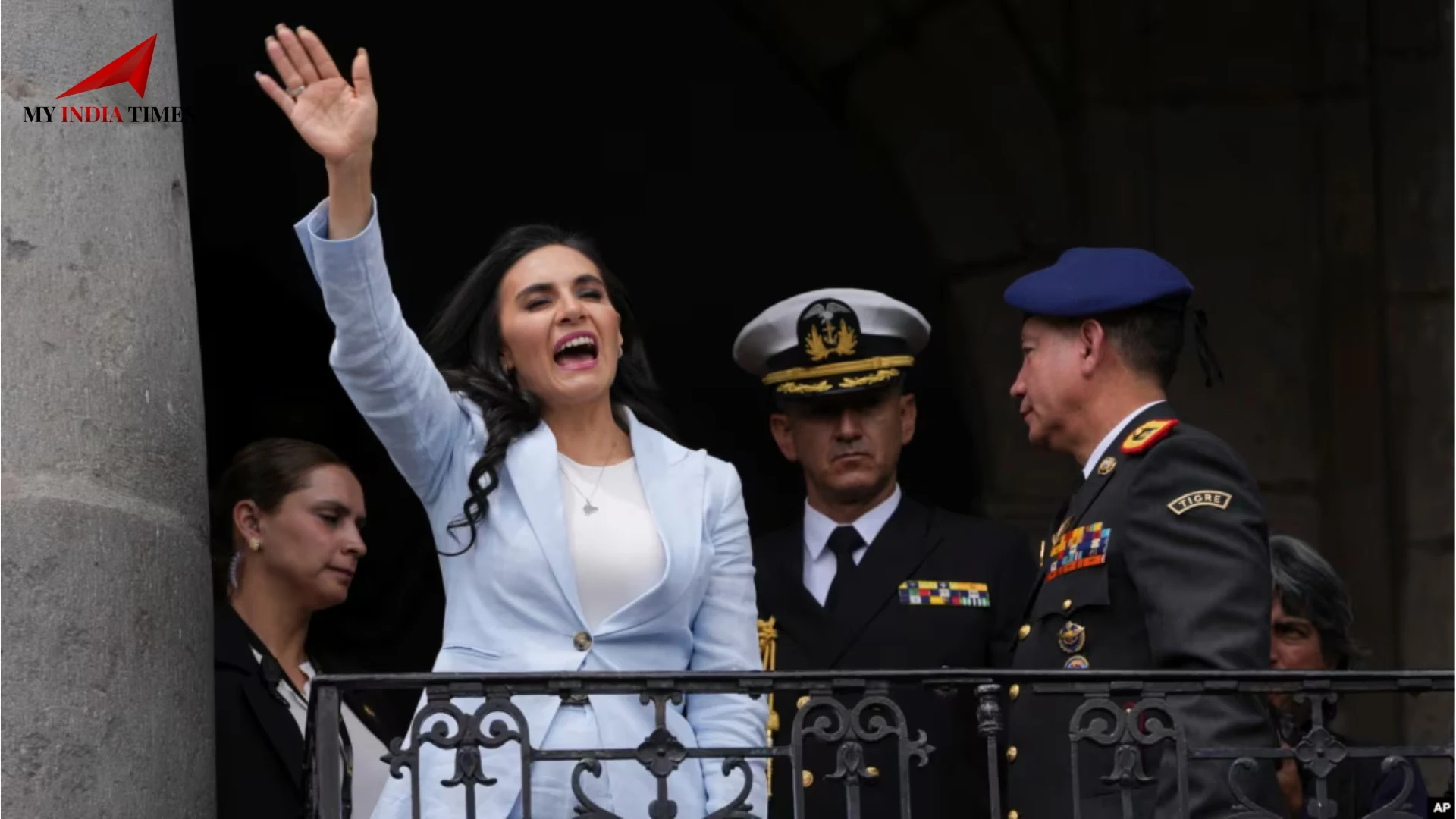
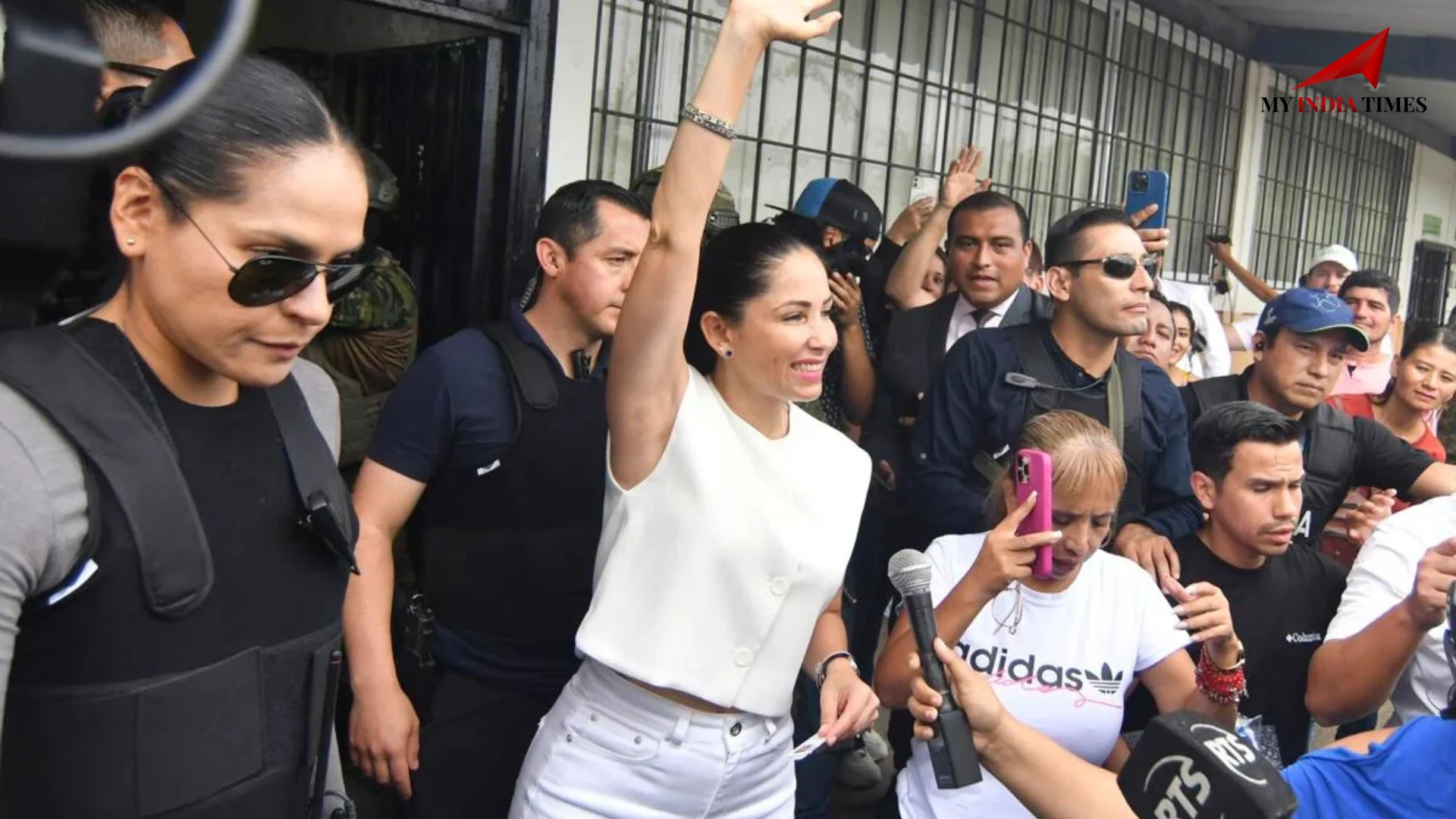
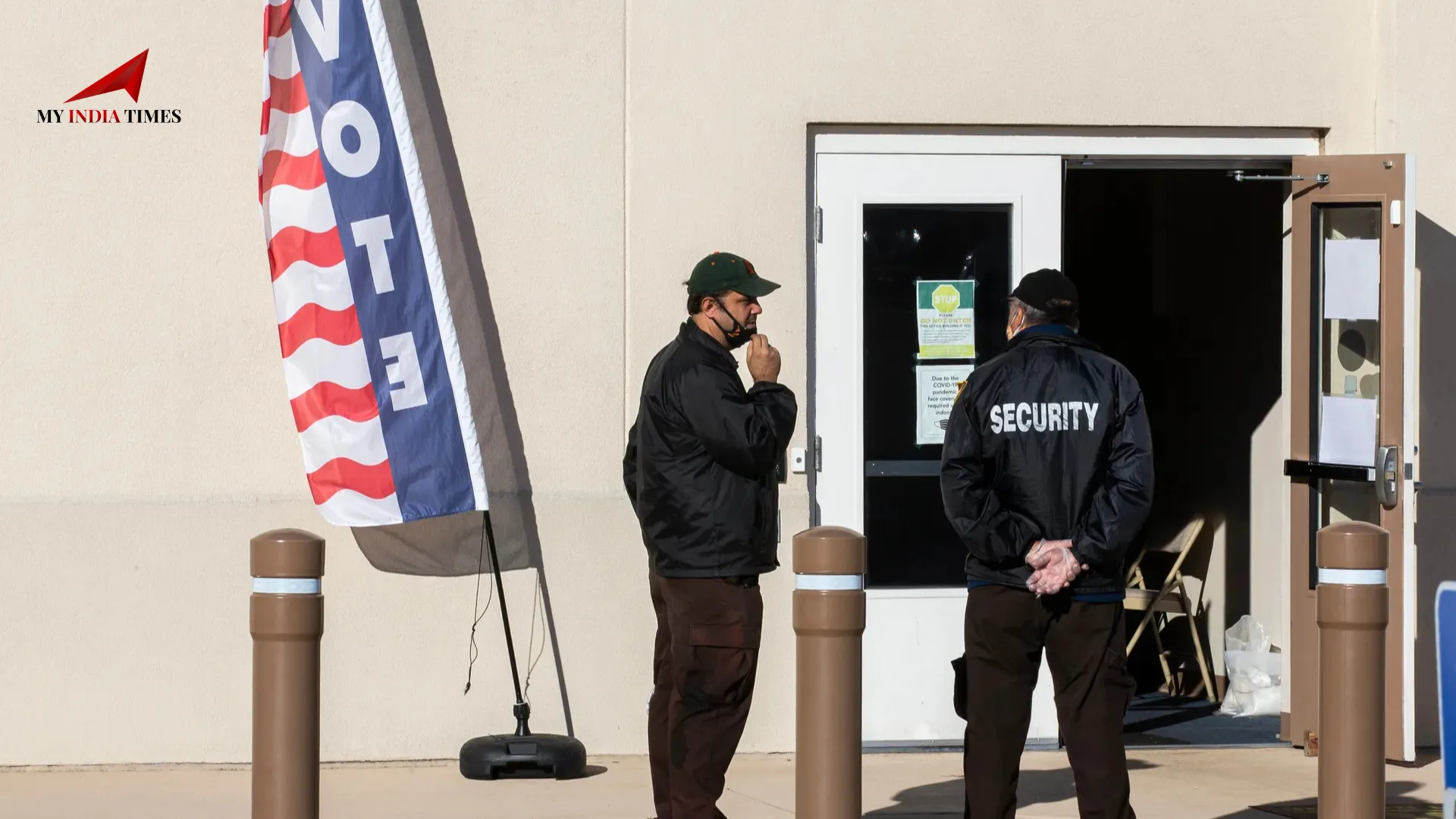
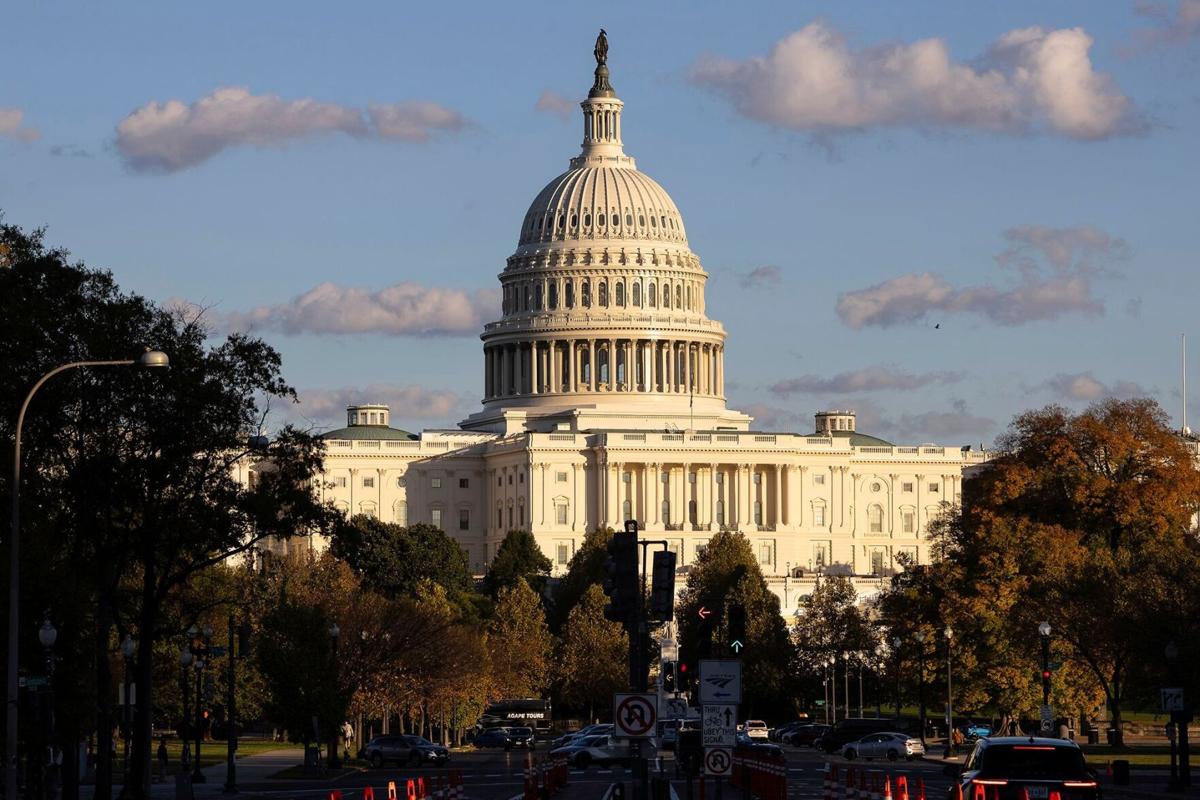

























































































.png)
 (1).png)























